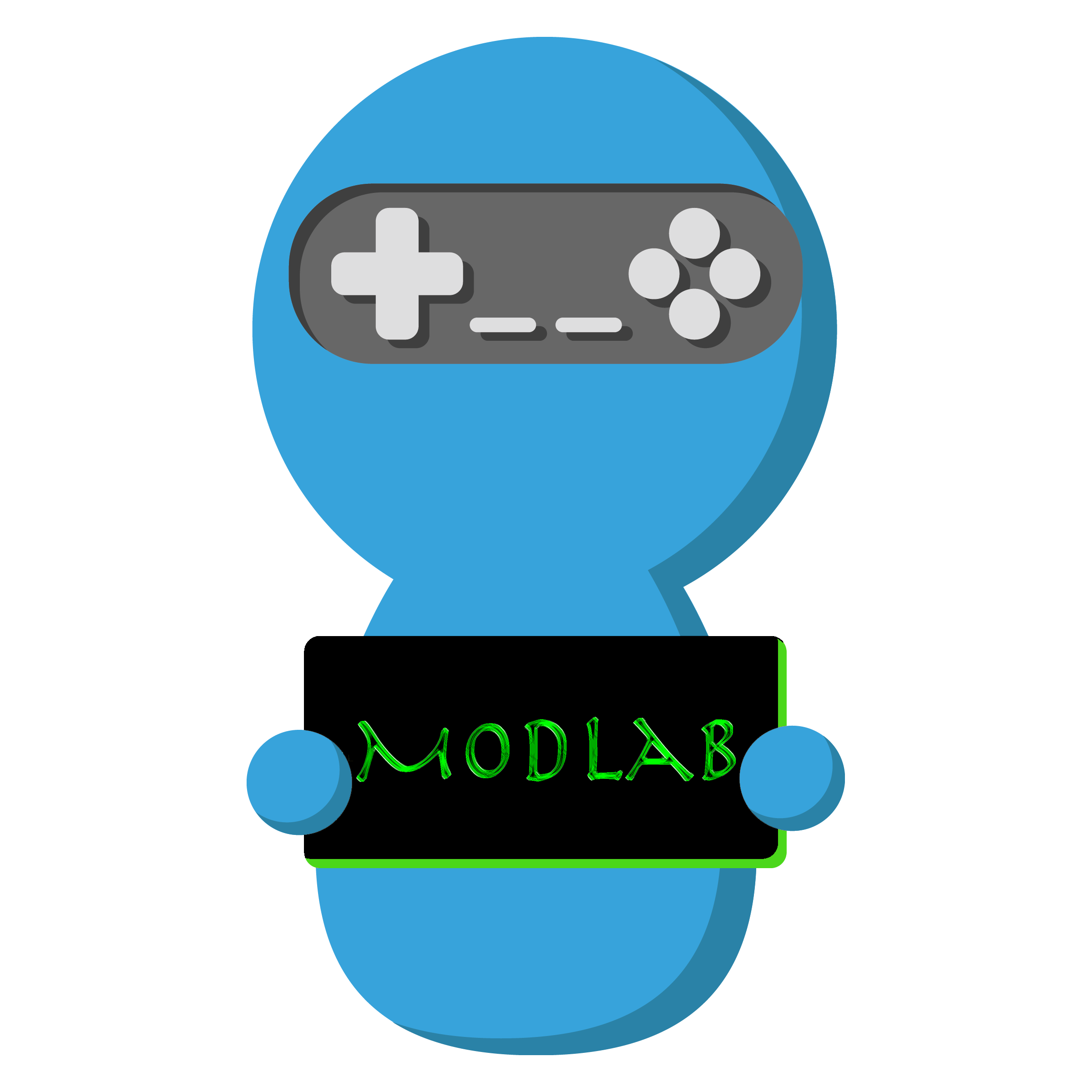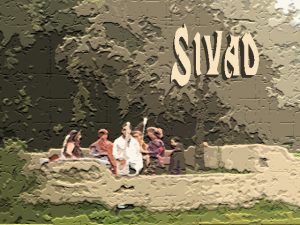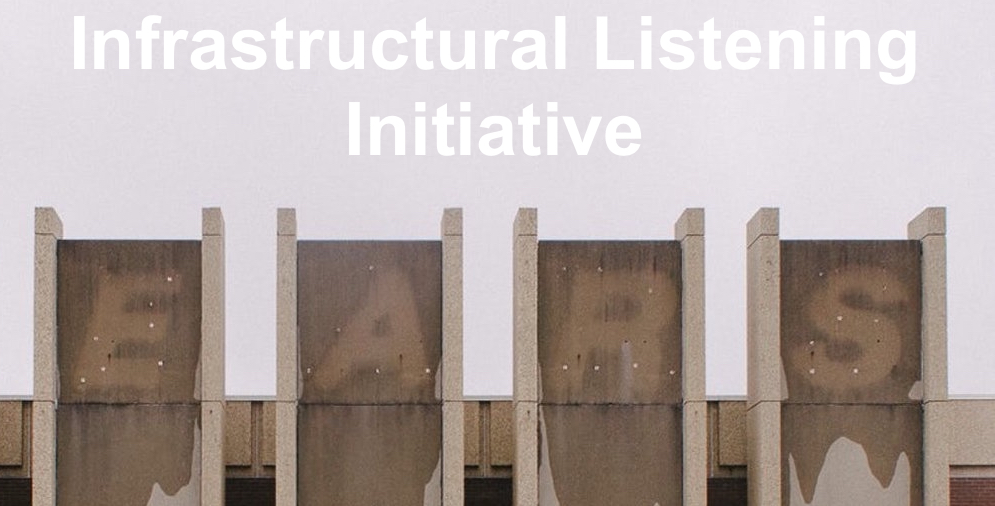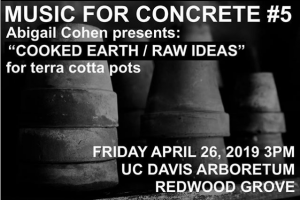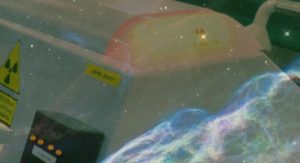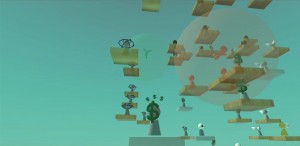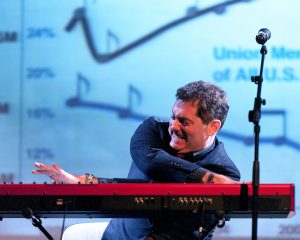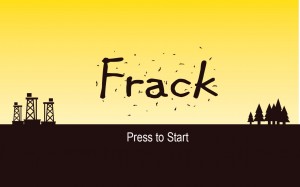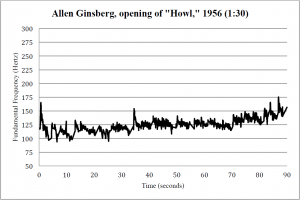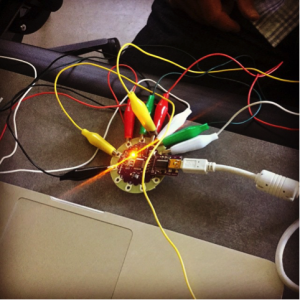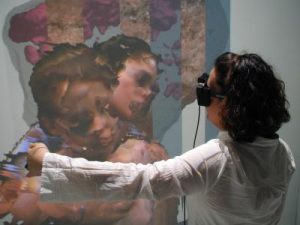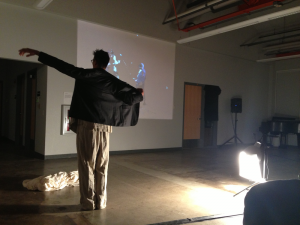Foldit: First Contact (2022)
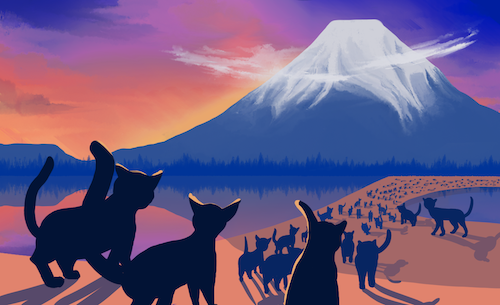 |
Foldit: First Contact is a narrative-enhanced version of the citizen science game Foldit. Wrapping an original science fiction narrative around the Foldit tutorial levels, this project experiments with emergent meanings at the intersection of gameplay mechanics and a fictive storyworld. The narrative campaign mode publicly debuted as an experimental feature in the May 2022 update of Foldit (build ID 20220510-28efe43995). The narrative campaign mode aspires to cultivate certain structures of feeling, encouraging players to engage in critical self-reflection about science, technology, and civic values. |
Play the Knave (2013–)
Mekanimator (2013–2020)
Sivad (2019–2020)
Ugly Robot Studios (2020–)
Realitycraft (2019)
Infrastructural Listening Initiative (2017–2019)
Music for Concrete (2019)
What Happens in the Lab… (2019)
Destination Wedding 2070 (2019)
Buypartisan (2017)
Economusic (2017)
Frack the Game (2016)
Intangible Body (2016)
Performative Speech Analysis (2016)
Critical Wearable Computing (2015–2018)
Multi-User VR Environment (2015–)
Scoring Beckett (2014)
Going to the Movies in Paris in the 1930s (2011)
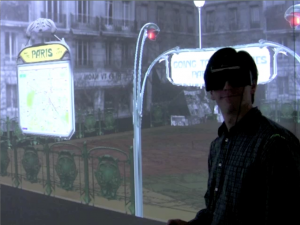 |
This multi-platform project about cultures of film spectatorship in 1930s Paris currently exists as a VRUI 3D CAVE experience and in Second Life, on the Humanities Innovation Lab island. [SLURL teleport link]. Developed by Eric Smoodin, Joseph Dumit, Caren Kaplan, Ingrid Lagos, Josef Nguyen, Oliver Kreylos, and Colin Milburn. |
